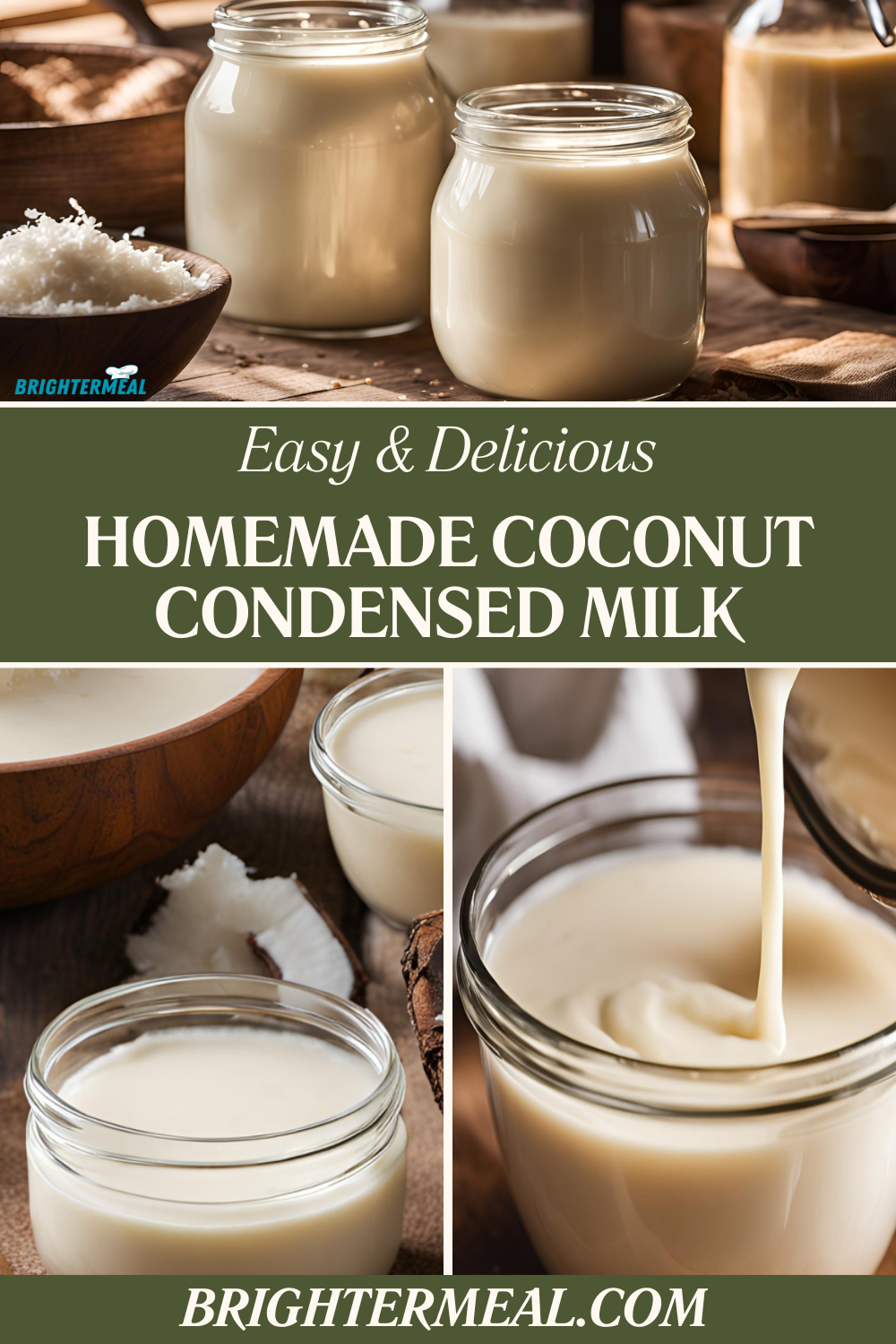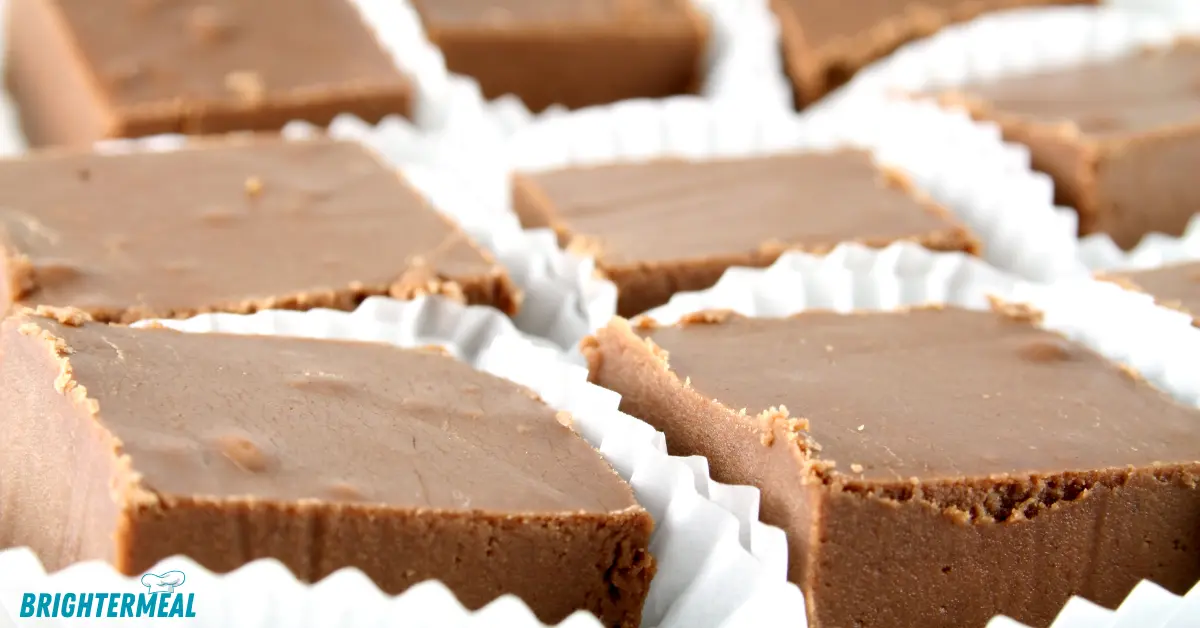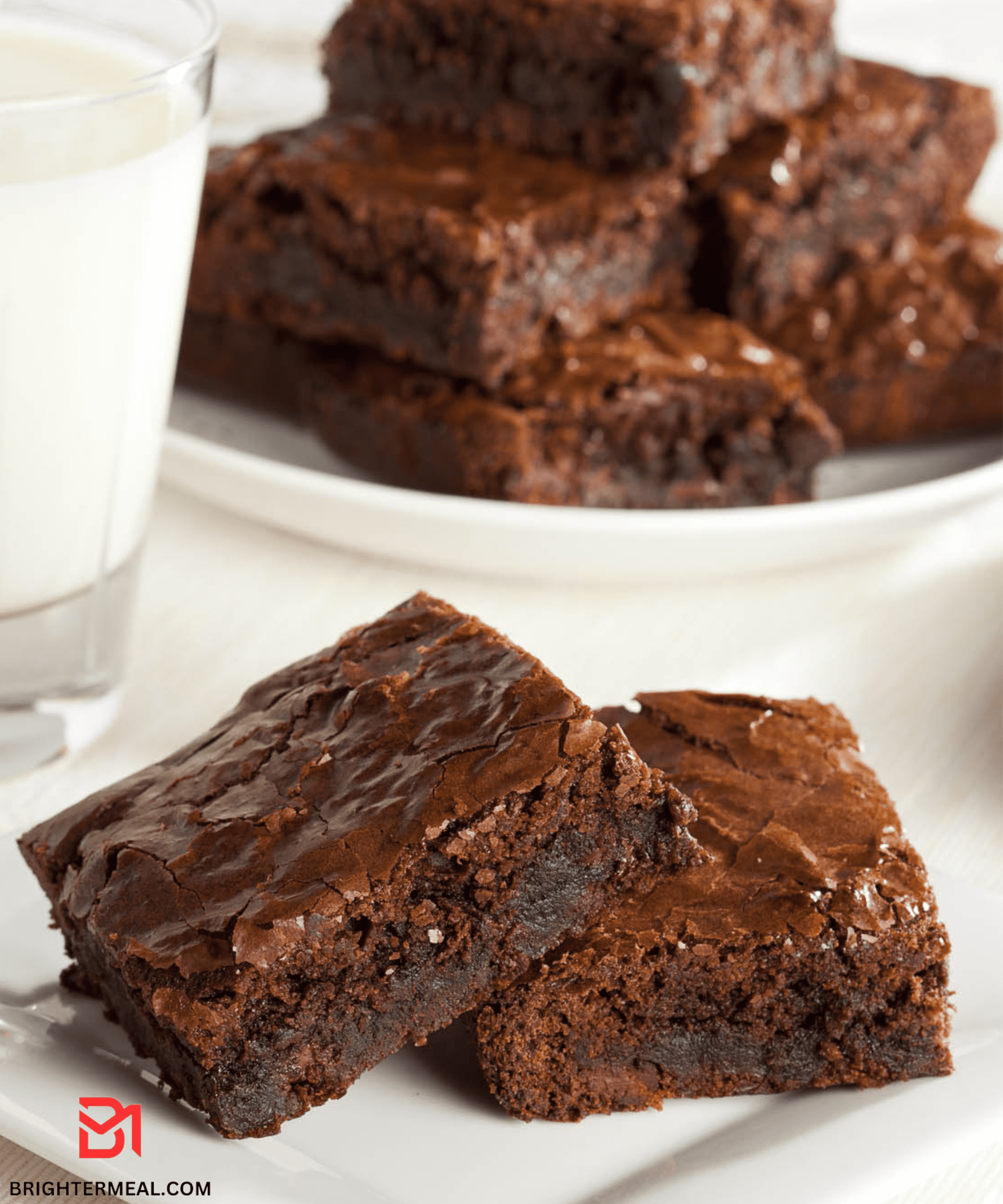How To Make Homemade Coconut Condensed Milk
Coconut Condensed Milk has become a favorite in many kitchens, offering a creamy, sweet, and rich alternative to traditional condensed milk. Whether you’re looking for a lactose-free option or exploring vegan recipes, this sweetened coconut milk can transform your culinary experience. Let’s dive into everything you need to know about this versatile ingredient, from its benefits to how you can make it at home.
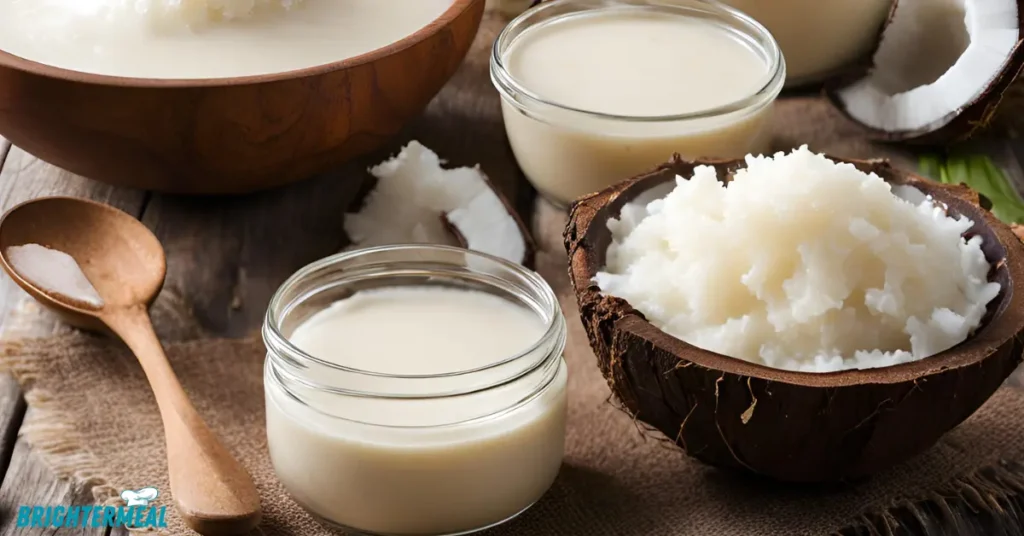
Creating delicious desserts is easy with a few key ingredients like banana, condensed milk, and coconut. If you’re searching for a Banana and Condensed Milk Recipe, you’ll love how the sweet, creamy texture of condensed milk pairs perfectly with ripe bananas, making a quick and delightful treat. For a more indulgent option, try a Coconut Chocolate Truffle Recipe—these rich, bite-sized delights blend coconut with smooth chocolate for a perfect sweet fix. And if you need a show-stopping dessert, a Coconut Ice Cream Cake combines layers of creamy coconut flavor and frozen goodness, offering a refreshing end to any meal.
What Is Coconut Condensed Milk?
A coconut milk reduction is a sweeter, thicker version of coconut milk. It’s made by cooking coconut milk with sugar until it becomes creamy and smooth, like a syrup. This dairy-free option keeps the rich coconut flavor and adds a hint of mild sweetness.
Overview of Ingredients
The base ingredients for this plant-based sweetener are simple: high-quality coconut milk and sugar. These ingredients come together to create a smooth, velvety texture that works wonders in various recipes.
How It Differs from Regular Condensed Milk
While both this coconut version and traditional condensed milk have a similar texture and sweetness, the primary difference lies in their ingredients. Regular condensed milk uses cow’s milk, making it unsuitable for those with lactose intolerance or dairy allergies. The coconut version, on the other hand, is completely dairy-free.
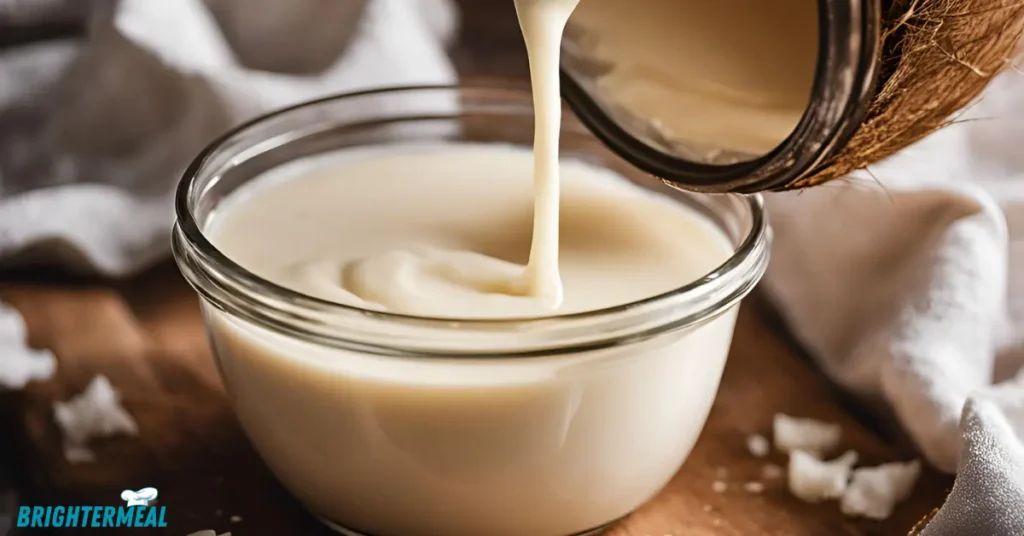
Benefits of Using Coconut Condensed Milk
Why choose a coconut milk reduction over the conventional option? Here are a few reasons:
Lactose-Free Alternative
One of the main advantages is that it’s naturally free from lactose, making it ideal for individuals who are lactose intolerant or have dairy allergies.
Rich in Healthy Fats
This sweetened coconut milk alternative contains medium-chain triglycerides (MCTs), a type of healthy fat that may boost metabolism and provide a quick energy source.
Versatile for Various Recipes
From adding it to baked goods to enhancing smoothies, this dairy-free condensed milk is incredibly versatile. It can be a substitute in recipes that call for sweetened condensed milk, adding a rich coconut flavor.
How to Make Coconut Condensed Milk at Home
Making a sweetened coconut milk alternative at home is easier than you might think. Here’s a simple recipe to try:
Ingredients Required
- 1 can (14 oz) full-fat coconut milk
- ½ cup granulated sugar (adjust to taste)
Step-by-Step Instructions
- Heat the Coconut Milk: In a saucepan, pour the coconut milk and sugar. Stir until the sugar dissolves completely.
- Simmer the Mixture: Reduce the heat to low and allow the mixture to simmer, stirring occasionally. This will take about 30-45 minutes.
- Check Consistency: The mixture should reduce to about half its original volume, with a thick, syrupy consistency.
- Cool and Store: Let the mixture cool before transferring it to a glass jar. Store in the refrigerator for up to 2 weeks.
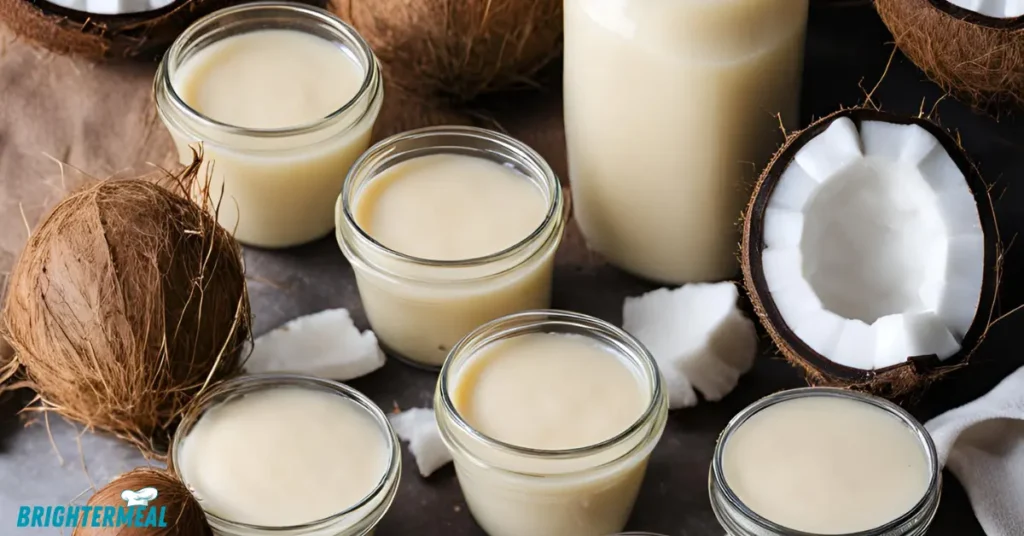
Best Tips for Making Perfect Coconut Condensed Milk
Achieving that perfect creamy consistency requires some tips and tricks:
Choosing the Right Coconut Milk
Opt for full-fat coconut milk for a richer, creamier result. Light coconut milk won’t provide the same texture.
Controlling Sweetness Levels
Adjust the amount of sugar based on your taste. Accordingly, you can tailor it to be as sweet as you like, but for a less sweet version, you can also reduce the sugar quantity without compromising the consistency.
Adjusting Consistency
If you prefer a thicker condensed milk, let the mixture simmer for a longer time. Also, remember to keep an eye on it, but be careful not to overcook, so it doesn’t become too thick. Generally, a watchful eye makes all the difference.
Store-Bought vs. Homemade Coconut Condensed Milk
Both options have their benefits, but which one is better for you?
Pros and Cons of Each
Store-bought options are convenient, but they often contain additives or preservatives. Homemade versions are fresher, allowing you to control the ingredients and sugar levels.
Which Is More Cost-Effective?
Making sweetened coconut milk at home is often cheaper than purchasing pre-made versions, especially if you frequently use it in recipes.
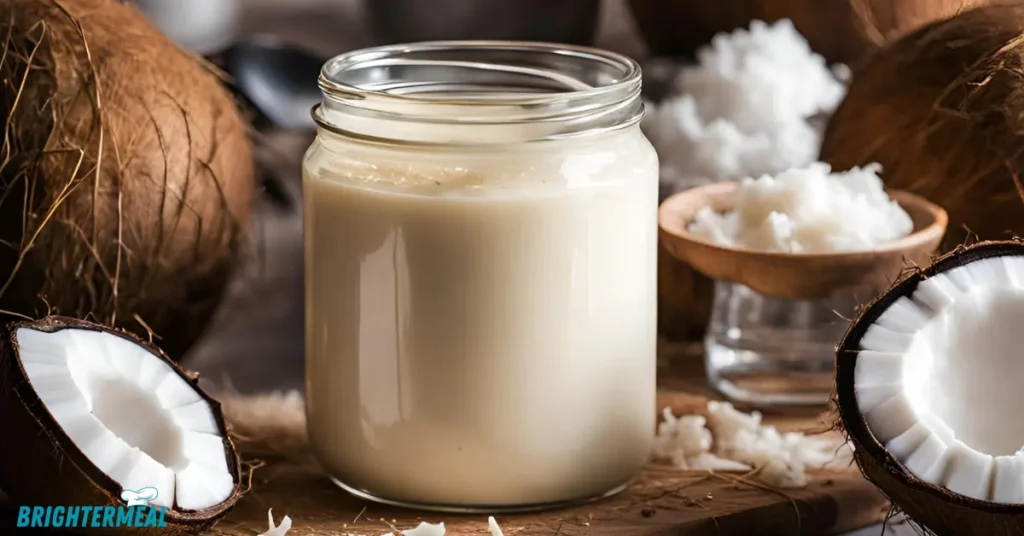
Uses for Coconut Condensed Milk in Cooking and Baking
Coconut condensed milk can be a game-changer in the kitchen. Here’s how you can use it:
Desserts: Cakes, Pies, and More
It’s perfect for making creamy desserts like flan, custards, and cakes, so it’s a must-have ingredient for sweet treats. Generally, it adds a subtle coconut flavor that pairs well with other ingredients.
Adding to Coffee or Tea
Elevate your coffee or tea with a splash of this creamy coconut milk reduction for a rich, smooth, and sweet twist. Accordingly, it makes your morning brew more indulgent, but it’s also perfect for afternoon tea time.
Making Vegan Ice Cream
Blend the sweetened coconut milk with your favorite fruit and freeze for a simple, dairy-free ice cream. Also, this is a great way to enjoy a homemade treat. But, remember to adjust sweetness to your liking, so you get the perfect flavor. Generally, it’s a refreshing option for warm days.
Coconut Condensed Milk for Vegan and Dairy-Free Diets
For those following a vegan lifestyle, coconut condensed milk is a fantastic ingredient.
Why It’s Ideal for Vegans
Since it’s made solely from plant-based ingredients, it fits seamlessly into a vegan diet, adding creaminess without compromising dietary choices.
Popular Dairy-Free Recipes Using sweetened coconut milk
Vegan cheesecakes, dairy-free fudge, and tropical drinks like piña coladas are just a few recipes where coconut condensed milk shines. Accordingly, it’s a versatile ingredient in the kitchen, but it’s also known for its rich taste. So, try it in your favorite recipes!
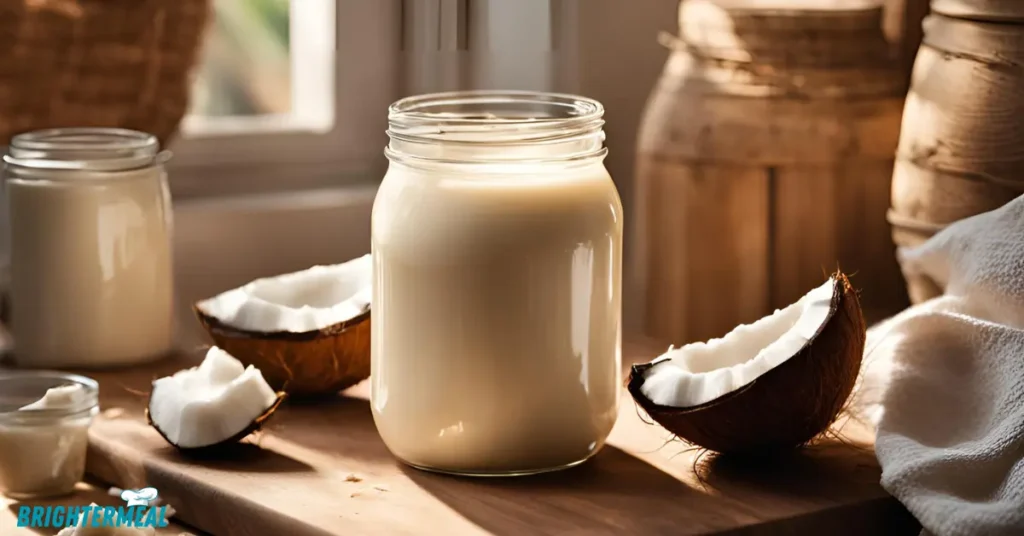
Nutritional Breakdown of Coconut Condensed Milk
Understanding the nutritional profile helps make informed choices, so it’s worth looking into the details. Generally, this ensures you know what you’re consuming.
Calories and Macronutrient Profile
sweetened coconut milk is higher in fat due to the coconut content but provides essential fatty acids that support overall health.
Comparison with Traditional Dairy Condensed Milk
While both are calorie-dense, sweetened coconut milk offers plant-based fats and is free from cholesterol, making it a heart-healthy alternative.
Common Mistakes When Making Coconut Condensed Milk
Avoid these pitfalls for the best results:
- Using Low-Quality Coconut Milk: This can affect the taste and texture.
- Not Stirring Consistently: Ensure you stir regularly to prevent burning.
- Overcooking the Mixture: Overcooking leads to a caramelized taste that might not suit all recipes.
Conclusion
Coconut condensed milk is a versatile, dairy-free substitute that can elevate a range of recipes. Whether you’re using it in sweet treats or adding it to your coffee, its creamy consistency and rich coconut flavor are sure to impress.
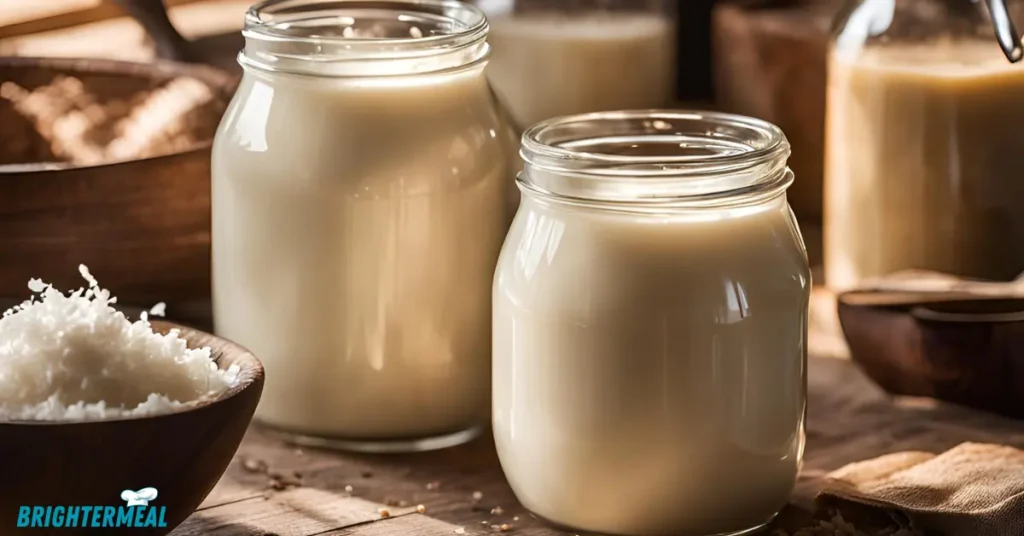
FAQs
Yes, it can be used as a direct substitute in most recipes. Accordingly, it works well in a variety of dishes, but it also offers a unique coconut twist.
It typically lasts up to 2 weeks when stored in a sealed container in the refrigerator.
Yes, it has a distinct coconut flavor, so it’s perfect for adding a tropical touch to dishes. Also, this makes it ideal for recipes with a tropical vibe, but it may not suit every palate. Generally, it’s a favorite among coconut lovers.
While it’s primarily used in sweet dishes, it can be used sparingly in curries or sauces for added creaminess.
Yes, it is naturally gluten-free, as it is made from coconut milk and sugar. Accordingly, it’s a great choice for those avoiding gluten, but it’s also delicious for everyone else.
So, If you enjoy, please Follow my facebook page to be notified every time I publish a recipe!
Love this recipe? Give it a ⭐⭐⭐⭐⭐ review in the recipe card below!
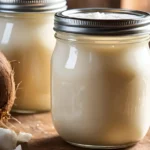
How To Make Homemade Coconut Condensed Milk
Ingredients
- 1 can 14 oz full-fat coconut milk
- ½ cup granulated sugar adjust to taste
Instructions
- Combine Ingredients: In a medium saucepan, add coconut milk and sugar. Stir well until sugar dissolves.
- Simmer: Bring to a simmer over medium heat, then reduce to low. Let it simmer, stirring occasionally, for 30-45 minutes until thickened.
- Check Consistency: The mixture should reduce to about half and become creamy.
- Cool and Store: Let it cool before pouring into a glass jar. Store in the fridge for up to 2 weeks.

